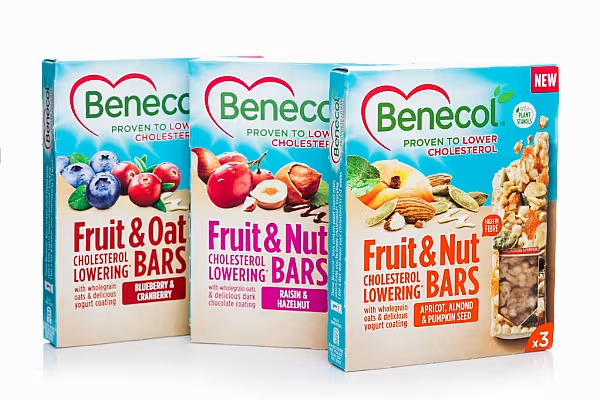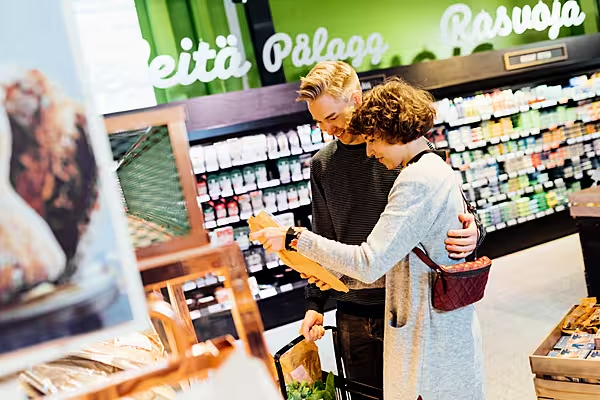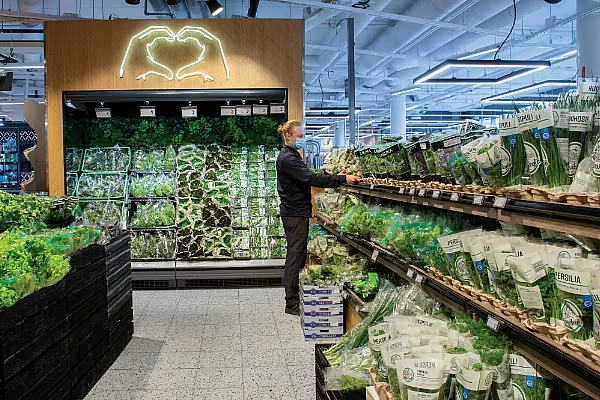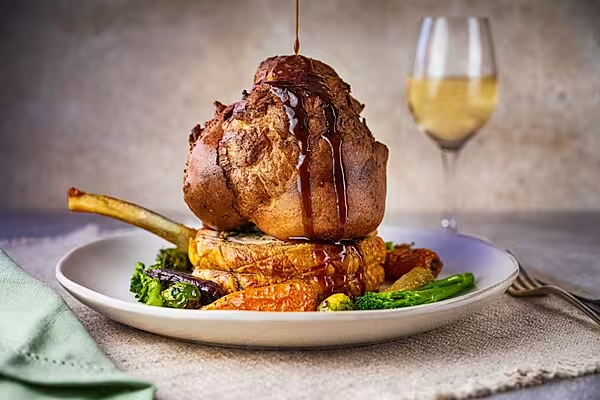Finnish food company Raisio has posted a 9.7% increase in sales in the first quarter of its financial year, however the group's sales in Western Europe were down marginally on the same period last year.
The Benecol maker posted sales of €54.7 million for the period, up from €49.9 million in the same period last year, while EBIT was €6.6 million, up 32% year-on-year.
Performance By Segment
The group said that its Healthy Food segment saw sales of €37.3 million, with EBIT of €5.3 million, while its Healthy Ingredients segment posted sales of €25.6 million and EBIT of €2.2 million.
Commenting on its performance, president and CEO Pekka Kuusniemi said, "This strong development was the result of three factors: a smooth initial period that ran according to plan, the peak in demand during March and the advance deliveries, primarily to our Russian customers, as a result of the better management of the production capacity for the fish feed season.
"The key currencies for Raisio have been on a declining trend against the euro, but during the review period, they did not cause any negative changes in volume."
In terms of regional performance, the group said that net sales in its Healthy Food segment in Western Europe stood at €16.3 million for the period, down marginally on the €16.5 million it posted last year, however EBIT improved 'significantly'.
Net sales for Benecol in the UK 'fell slightly short of the comparison period', it said, while sales were also down in Belgium due to changes in distribution. Ireland saw sales rise, on the other hand.
In its Northern Europe operations, sales in the Healthy Food segment were up to €15.2 million (€12.5 million in the same period last year), while in Eastern and Central Europe, sales were €5.9 million (€5.7 million).
Looking at the Healthy Ingredients segment, sales totalled €25.6 million in the period, up from €21.8 million in the corresponding period last year.
COVID-19 Impact
On the impact of the coronavirus on its operations, Raisio said that its operating environment 'changed considerably' as a result of the virus, which meant that its supply chain was 'tested in a very concrete way'.
The company believes that as the crisis subsidies, more permanent changes in consumption behaviour may be seen, with consumption habits related to health becoming 'even more prevalent'.
"The nature of our operations changed during the quarter as a result of the pandemic and took on a very tactical approach aimed at maximising our supply capability," said Kuusniemi. "Demand shifted strongly to retail sales as demand in the Food Service-sector declined rapidly due to operational difficulties experienced by the sector’s customers.
"We also focused the volumes within our own supply chain and managed, I believe, to do an excellent job keeping up with the changes in demand brought on by the exceptional circumstances."
© 2020 European Supermarket Magazine – your source for the latest retail news. Article by Stephen Wynne-Jones. Click subscribe to sign up to ESM: European Supermarket Magazine.














